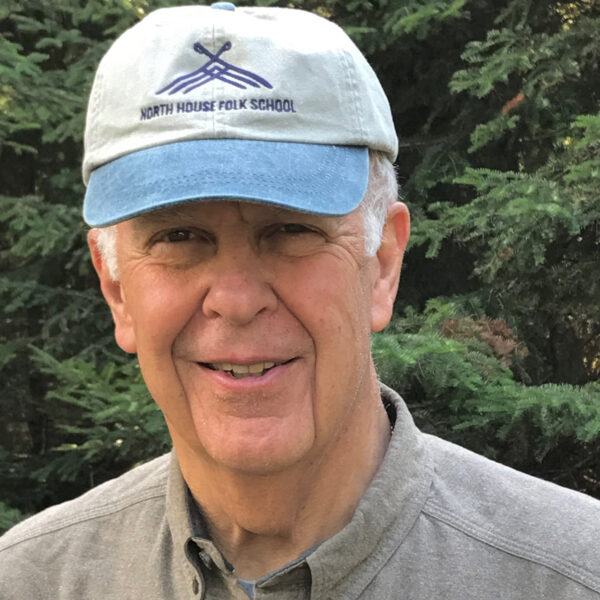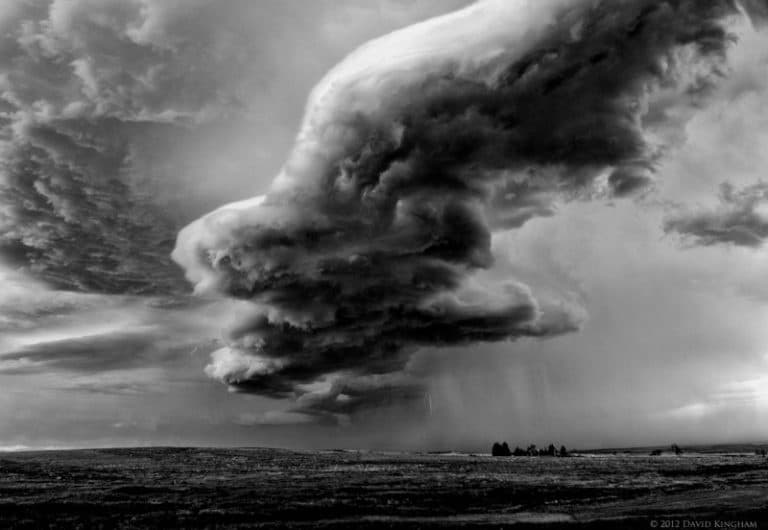The Big Question: Does My Life Have Meaning?
“I cannot write any more. All that I have written seems like straw to me.”
Those are the words of Thomas Aquinas — Saint Thomas Aquinas to Catholics, one of the Western world’s most influential philosophers and theologians — spoken three months before he died in 1274. Aquinas was answering a question asked by people in every walk of life, from parents to plumbers to professors, people like you and me who will never achieve Aquinas’s fame. It’s asked by adults of all ages, but perhaps most urgently by elders who wonder if they will leave anything of value behind: does my life have meaning?
At age 77, I find that question rising in me more often than it did when I was young. Sometimes, I’m able to affirm that I’ve made meaningful contributions in at least parts of my personal and work life. At other times, everything I’ve done seems as flimsy and flammable as straw.
If you’ve ever been downcast about the meaning of your life, you know that reassurance from others, no matter how generous, doesn’t do the trick. Everyone has to answer the question for him or herself, at least that’s what I thought until 5:15 a.m. on Thursday, May 12th.
I was starting my day as I always do, with coffee and poetry, when I ran across a poem on the nature of love by the Nobel Prize-winning, Polish poet Czeslaw Milosz. As I read and re-read it, I began to see that brooding on “Does my life have meaning?” is a road to nowhere. Whether I give myself a thumbs up or a thumbs down, there’s a flaw at the heart of the question — a flaw created by our old nemesis, the overweening ego. Here’s the poem that opened my eyes:
Love
by Czeslaw MiloszLove means to learn to look at yourself
The way one looks at distant things
For you are only one thing among many.(Excerpted from New and Collected Poems: 1931-2001. Read the full poem here.)
There’s truth and liberation in those last two lines. The truth is that I often don’t know whom or what I serve. The thing I set out to achieve turns out to be less meaningful than its unintended and often unknown consequences.
I remember, for example, a talk I gave a long time ago. My intent was to blow away the audience with the power of my ideas, but they were not impressed. It took weeks to get the bitter taste of failure out of my mouth. Years later, by rare chance, I met a person who’d been in that audience. “I’m glad to meet you,” she said. “I’ve wanted to tell you how your talk changed everything for me.”
Her words were a powerful reminder that I often don’t and can’t know — let alone control — the meaning of my life. All that’s in my power are my own intentions and my willingness to give myself to them. As Milosz says:
“It doesn’t matter whether he [she] knows what he [she] serves.”
The poet goes on to say, “Who serves best doesn’t always understand.” I find those words liberating because there’s so much about life that’s triple-wrapped in mystery. When I’m sure I know exactly what I’m doing and why — so sure that I miss vital clues about what’s really needed and what I really have to offer — it’s a sign that my ego’s in charge, and that’s dangerous. My best offerings come from a deeper, more intuitive place that I can only call my soul. Embracing the fact that there’s no way to know with precision whom or what I’m serving helps free me from the ego’s dominion.
Speaking of the ego, the first few lines of Milosz’s poem are a direct challenge to its domination: “Love means to learn to look at yourself / The way one looks at distant things / For you are only one thing among many.” Ah, yes, now I remember: I’m not the sun at the center of anyone’s solar system! If I put myself there with the insistence that my life have a special meaning of some sort, I’ll die in despair, or delusion.
Peace comes when I understand that I am “only one thing among many,” no more and no less important than the bird and the tree Milosz writes about. There’s much I don’t know about birds and trees, but this I know for sure: they don’t wonder or worry about whether their lives have meaning. They simply be what they be and, in the process, serve people like me who are elevated by their presence.
Milosz says, “whoever sees that way heals his heart, / Without knowing it, from various ills.” Time and again, that’s been my experience. There’s nothing like a walk in the woods, alongside the ocean, into the mountains or across the desert to put my life in perspective and help me take heart again. In places such as those, the things of nature befriend me — just as Milosz says they will — as I settle into the comforting knowledge that I am “only one thing among many.”
Then there are Milosz’s beautiful words about allowing one’s self and the world of things to “stand in the glow of ripeness.” Please don’t ask me exactly what that means, because I don’t know! But I do know this: once I understand that I’m not the sun at the center of anyone’s solar system, I can step aside, stop casting a shadow everywhere I go, and allow the true sun to shine on everyone and everything, making all things ripe with the glow of new life. This, it would seem, is Milosz’s ultimate definition of love, and it works for me.
So, for the moment, I rest easy with the notion that I don’t need to ask or answer the question, “Does my life have meaning?” All I need do is to keep living as one among many as well as I can, hoping to help myself and others “stand in the glow of ripeness.”
If the big question returns to me over the next few days or weeks, and I find myself struggling to come up with a ”Yes” or dodge a “No,” I won’t be surprised. When it comes to jailbreaks like the one Milosz’s poem gave me, I’m a life-long recidivist — or, to spin it more positively, a life-long re-learner.
It’s not easy to subdue the inflated ego and loose the adventuresome soul. But whenever we can do so, it saves us grief and serves the world well. So if you see me on the street one day, quietly muttering “only one thing among many, only one thing among many,” you’ll know I’m still working on it — or it’s still working on me.


Share your reflection